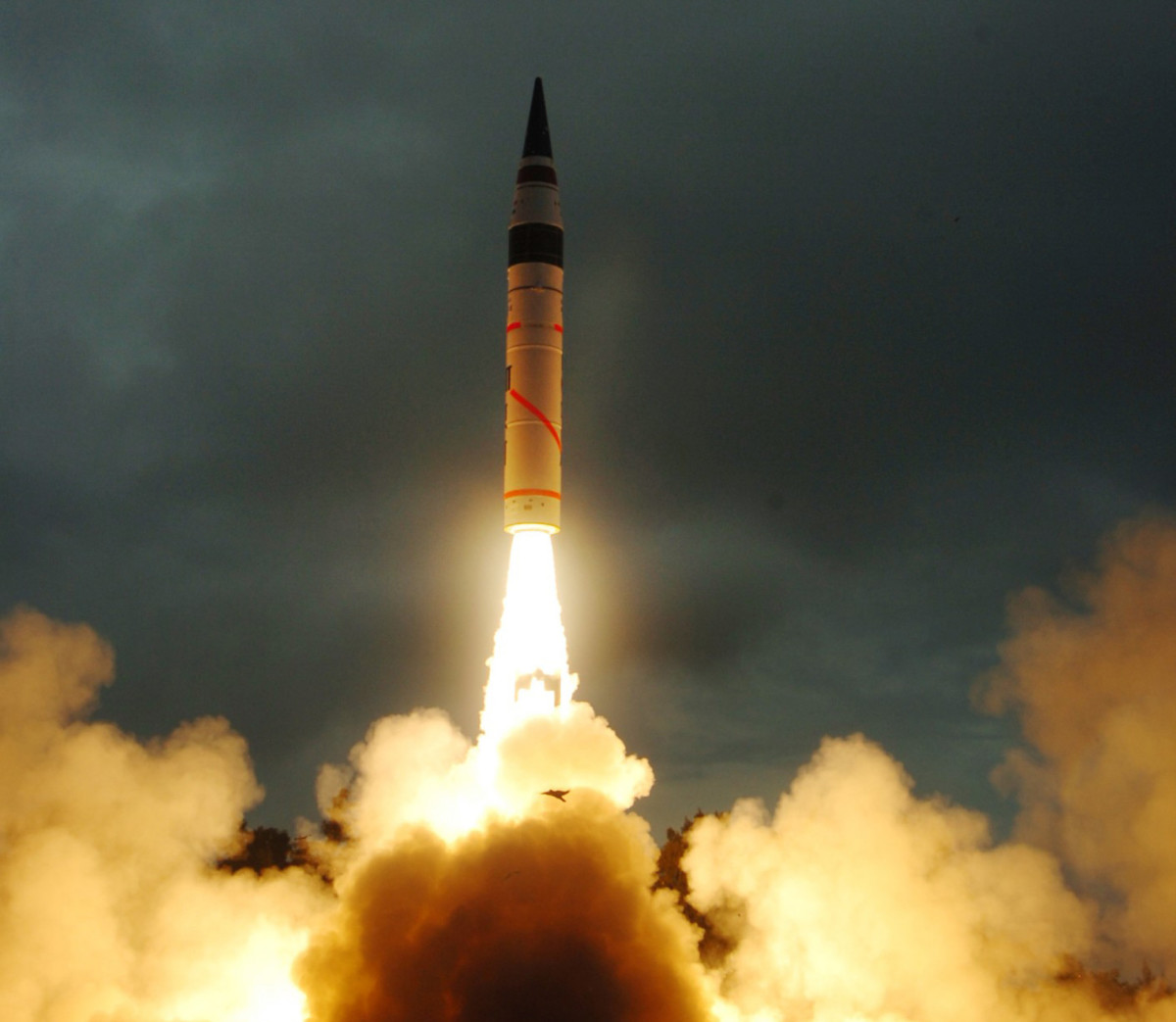The International Peace Research Institute (SIPRI) has released its annual report, providing a concerning overview of the state of arms and international security. According to the report for 2024, there has been an increase in the number and types of nuclear weapons being developed by various countries, as well as a growing reliance on nuclear deterrence.
The SIPRI report highlights that nine countries continue to maintain their stockpiles of nuclear weapons, with some deploying new systems capable of carrying warheads. The global total of nuclear warheads is estimated to be 12,121, with about 9,585 in military stockpiles for potential use. Russia and the US hold almost 90% of all nuclear weapons, while China is rapidly expanding its stockpile.
Transparency regarding nuclear forces has decreased in both Russia and the US, raising concerns over deployment in certain regions. Other countries such as India, Pakistan, North Korea, France, and the UK are also developing new delivery systems and strategies. India, Pakistan, and North Korea are particularly focused on expanding their capabilities as part of their national security strategies.
Israel is believed to have a nuclear weapons stockpile and is upgrading its plutonium production reactor site. Despite international treaties aimed at limiting nuclear weapons like the New START Treaty and Comprehensive Nuclear-Test-Ban Treaty facing setbacks due to geopolitical tensions, SIPRI calls for renewed efforts towards nuclear disarmament and non-proliferation to address the increasingly complex security challenges posed by the proliferation of nuclear weapons.
Overall, this report underscores the growing prominence of nuclear weapons in international relations and highlights concerns over potential use and escalation. It serves as a reminder that ongoing efforts are necessary to address this global threat and ensure peace and stability in our world.



